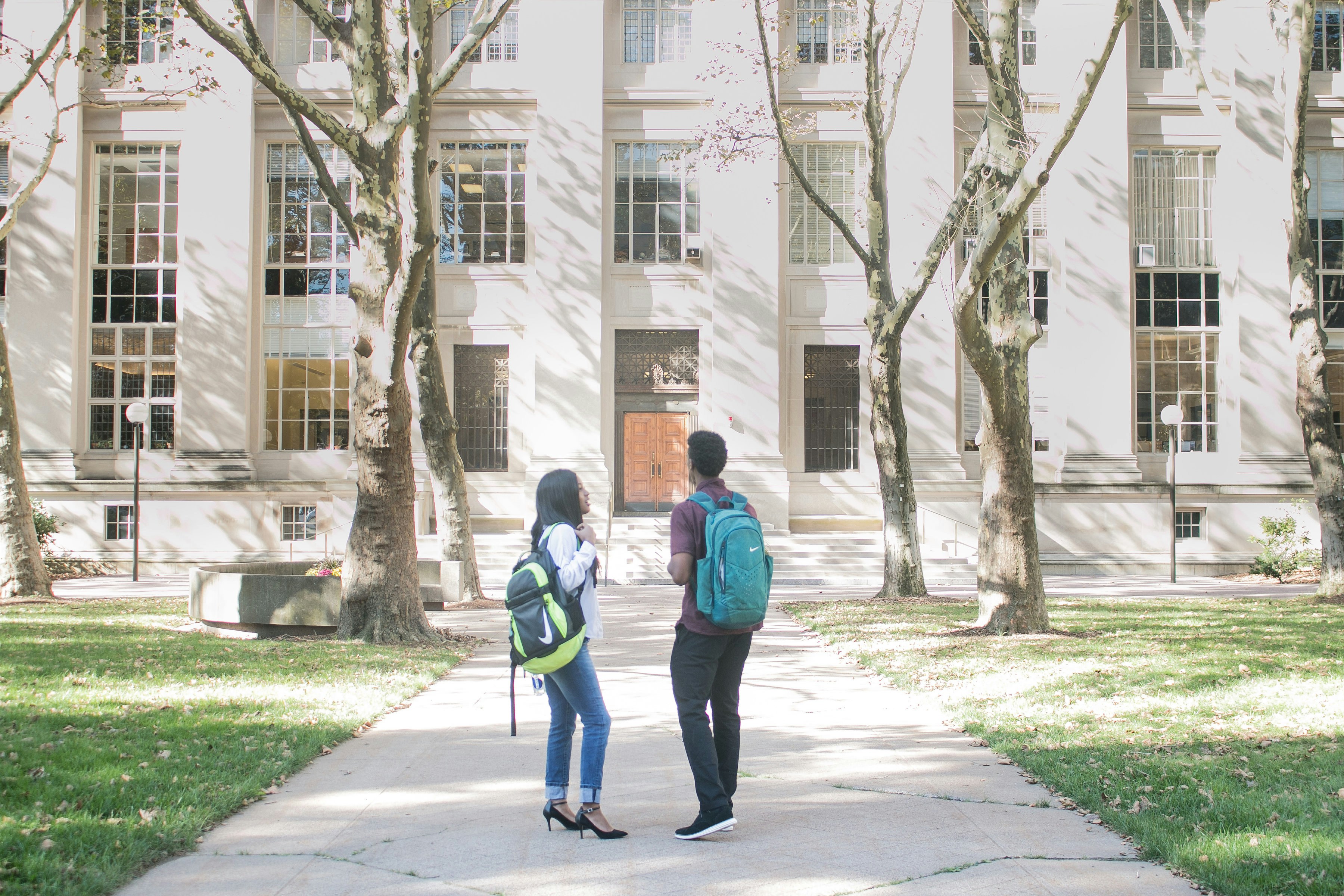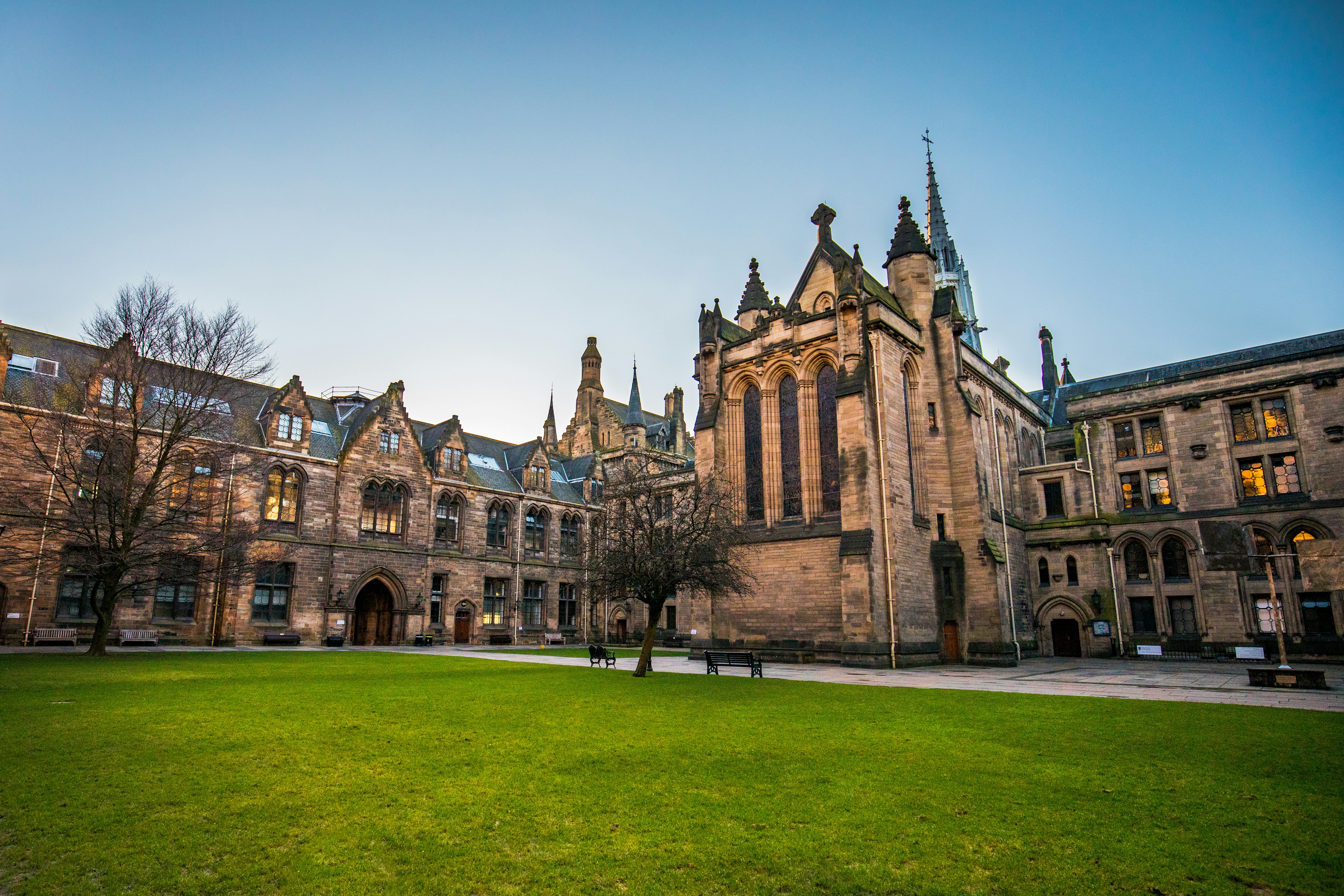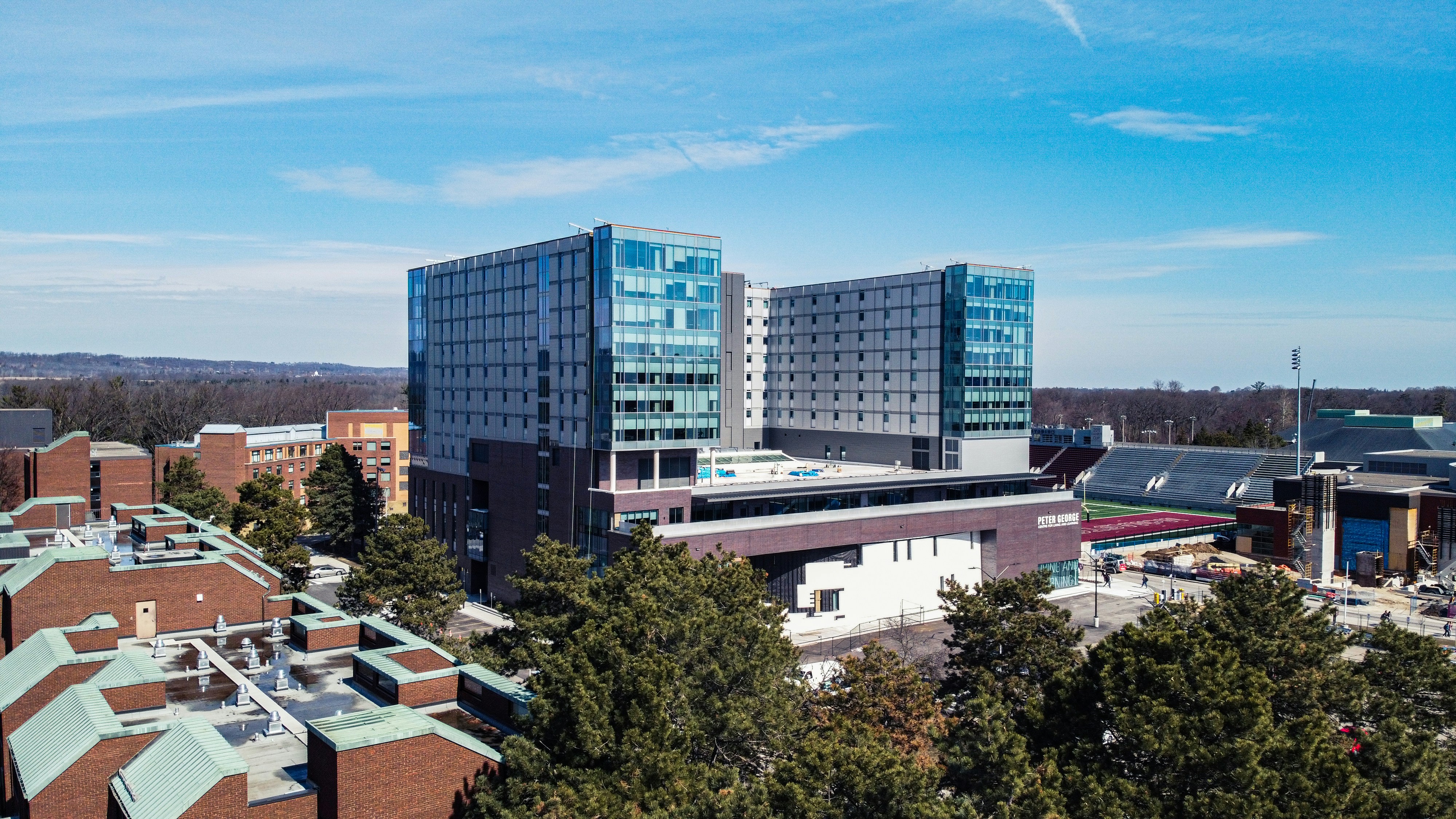Study Permit

What is a
Study Permit?
If you
are not a Canadian citizen or permanent resident and wish to
study in Canada for more than six months at the post-secondary level, you will
need a Canada study permit.
Processing Fees-
$150
Overview
Applicants
for a Canadian study permit can include family members in their application,
allowing them to accompany the applicant to Canada. An accompanying spouse may
obtain an open work permit, allowing them to work for any Canadian employer,
and minor children may be able to study at Canadian elementary and secondary
schools. For more information, click ere.
Most
international students require a study permit, but a permit is not needed for
programs in Canada that are six months or less. Additionally, minor children
and certain other individuals may be exempt from requiring a study permit.
How to Obtain
a Study Permit
Apply for
a study permit immediately upon receiving a letter of acceptance, as processing
times vary and can be delayed, especially during busy periods like the summer.
To view estimated processing times by country.
Eligibility Requirements:
- Letter of Acceptance (LOA): Obtain from a Designated
Learning Institution (DLI).
- Provincial Attestation
Letter (PAL):
Required from the province or territory where the DLI is located unless
exempt.
- Financial Support: Prove sufficient funds to
cover the first year of tuition, living expenses, and return
transportation.
- Certificat d'acceptation du
Québec (CAQ):
Required for studying in Montreal or elsewhere in Quebec.
- Clean Record: No criminal background or
security risk. A police clearance certificate may be requested.
- Good Health: A medical examination may
be required.
- Intention to Leave: Convince the immigration
officer of plans to leave Canada at the end of the authorized stay.
Supporting Documents:
- Passport: For the applicant and all
family members included in the application.
- Photos: Two passport photos for the
applicant and each family member, with names and birthdates written on the
back.
- Marriage Certificate: If applicable.
- Additional Documents: As required by specific
visa offices.
Financial
Support
Applicants
must demonstrate sufficient financial resources to cover the first year of
tuition fees and living expenses for themselves and any accompanying family
members.
Proof of Financial Resources:
- Canadian Bank Account
Statements: If
funds have been transferred to Canada.
- Guaranteed Investment
Certificate (GIC): From a participating financial institution.
- Student Loan: Proof from a financial
institution.
- Bank Statements: From the past four months.
- Bank Draft: In convertible currency.
- Payment Proof: Tuition and accommodation
fees.
- Support Letter: From the person or
institution providing funds.
- Scholarship/Funding Proof: If paid from within Canada.
Family or
friends may also submit letters confirming financial support.
If the
Application is Approved
Approved applicants
will receive:
- Letter of Introduction
(LOI):
Confirming the approval, to be presented to the immigration official upon
arrival in Canada.
- Electronic Travel
Authorization (eTA): If required, linked to the applicant's
passport.
- Temporary Resident Visa
(TRV): If
required, included in the passport with an expiry date and entry
conditions (single or multiple entries).
A
separate TRV application is not necessary if the study permit is approved; it
will be issued along with the LOI.
Options After Graduation
Study
permits expire 90 days after graduation. Graduates must update their status
with IRCC within this period to avoid losing legal status in Canada.
Post-Graduation Work Permit (PGWP):
Eligible
graduates can apply for a PGWP, allowing them to work for any employer in
Canada for up to three years. Work experience gained on a PGWP can facilitate
applications for Canadian permanent residence, especially through the Canadian
Experience Class and certain Provincial Nominee Program (PNP) streams. Click
here for a list of immigration options after studying in Canada.
If not
applying for a PGWP, graduates may:
- Apply to change status to a
visitor.
- Obtain another work permit
if eligible (e.g., employer-specific work permit).
- Apply for another study
permit to pursue a different study program (e.g., a master’s degree after
a Bachelor’s degree).
- Leave Canada.
Activities Not
Requiring a Study Permit in Canada
A study
permit is generally not required for the following activities:
- Preschool Attendance: Enrolling in preschool.
- Distance Learning Programs: Completing a program via
distance learning.
- Settlement and Integration
Courses:
Courses offered by a provincial or territorial government through
settlement and integration providers, including francization courses
offered by the Government of Quebec.
- Audit Courses: Attending academic courses
without earning credits.
- Tour Package Courses: Courses included in tour
packages as a secondary activity for tourists.
- General Interest Courses: Courses that are not
academic, professional, or vocational in nature, can be completed within
the period authorized upon entry to Canada.
- Short-Term Studies: Programs or courses that
are six months or less and can be completed within the authorized stay in
Canada.
Additionally,
certain family members or private staff accompanying a foreign representative
accredited by Global Affairs Canada, and members of the armed forces from
specific countries, may study for longer than six months without a study
permit.
Post-Graduation
Work Permit
Upon
completing a study program, graduates may be eligible to obtain a
post-graduation work permit.
Minimum Funds
to Study in Canada
Applicants
for a Canadian study permit must demonstrate they have sufficient financial resources
to support themselves and any accompanying family members while in Canada.
Proof of funds can be provided through:
- Canadian Bank Account: Proof of a bank account in
your name if money has been transferred to Canada.
- Guaranteed Investment
Certificate (GIC): From a participating Canadian financial
institution.
- Student/Education Loan: Proof of a loan from a
bank.
- Bank Statements: Statements from the past
four months.
- Bank Draft: A draft that can be
converted to Canadian dollars.
- Payment Proof: Evidence of paid tuition
and housing fees.
- Support Letter: A letter from the person or
school providing financial support.
- Scholarship or Funding: Proof of funding from
within Canada, such as a scholarship or participation in a Canadian-funded
educational program.
Minimum Funds to Study in Canada (All Provinces
Except Quebec)
- Student:
- Per Year: $20,635
- Per Month: $1,720
- First Family Member:
- Per Year: $4,000
- Per Month: $333
- Each Additional Accompanying
Family Member:
- Per Year: $3,000
- Per Month: $255
How
to Avoid a Study Permit Refusal
Study permits can often be refused due to the
discretionary nature of their processing. Here are some tips to avoid a
refusal:
Provide sufficient proof of finances
· Ensure
you have enough funds to cover your first-year tuition and living expenses. The
more funds you can demonstrate as available, the higher your chances of
approval.
Demonstrate intention to leave Canada
1.
As part of the application process, you
must show that you intend to leave Canada after your studies. This can be
demonstrated through:
· Family
ties in your home country.
· Career
prospects in your home country.
· Any
other documents that support your intention to return home after completing
your studies.
2.
Note: This can be confusing for
applicants, as certain international students can apply for a post-graduation
work permit under certain conditions, allowing them to stay in Canada.
Choose an appropriate program of study
· Select
a program and school in Canada that aligns with your career and educational
background.
· If
your chosen program seems unrelated to your previous education or career, it
may raise questions about your intentions. For example, if you have a master's
degree in computer science and apply for a one-year program in hospitality, the
processing officer may doubt your intentions.
· In
such cases, it may be more beneficial to pursue a specialized area within your
field to further your knowledge and career prospects.
Contact
Visa Nexa for Immigration Assistance
Need Canadian immigration assistance for your study
permit application? Visa Nexa Inc. is here to help. We can assess your
eligibility and submit your application to the Canadian government. With over
10 years of expertise, Visa Nexa in Mississauga, Ontario has been helping
clients achieve their dream of becoming Canadians. Our head offices are in
Delhi (VISAWALK) and Chandigarh (The Mentors). Reach out to us today and file
your study permit in Canada through us.
Click here to fill the CONTACT US form










